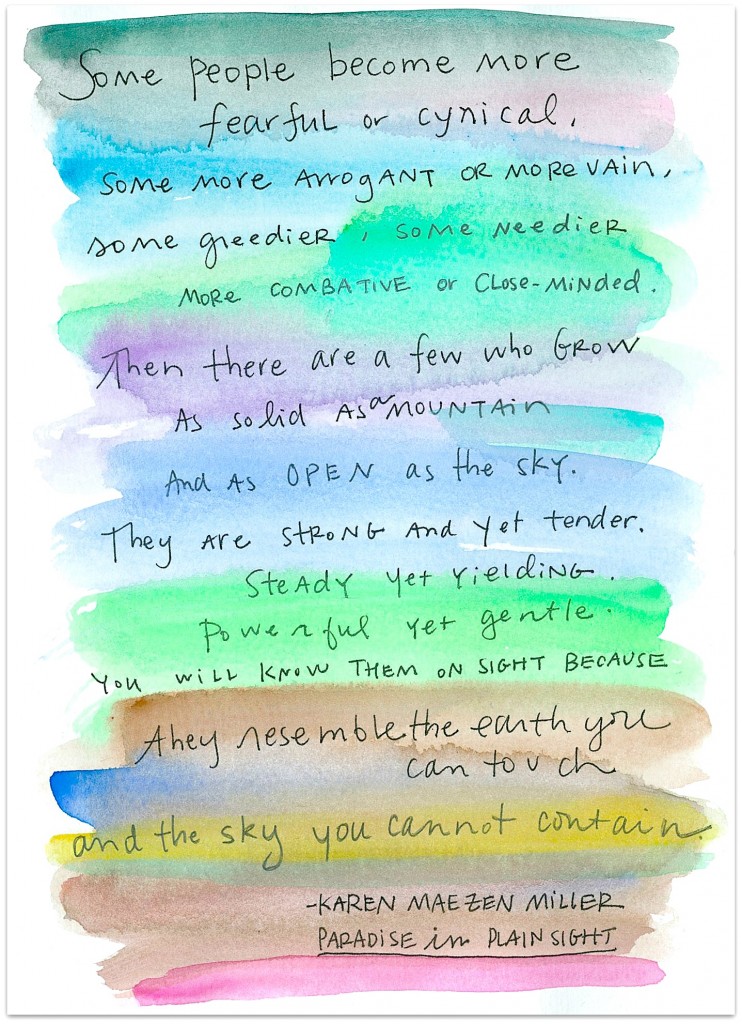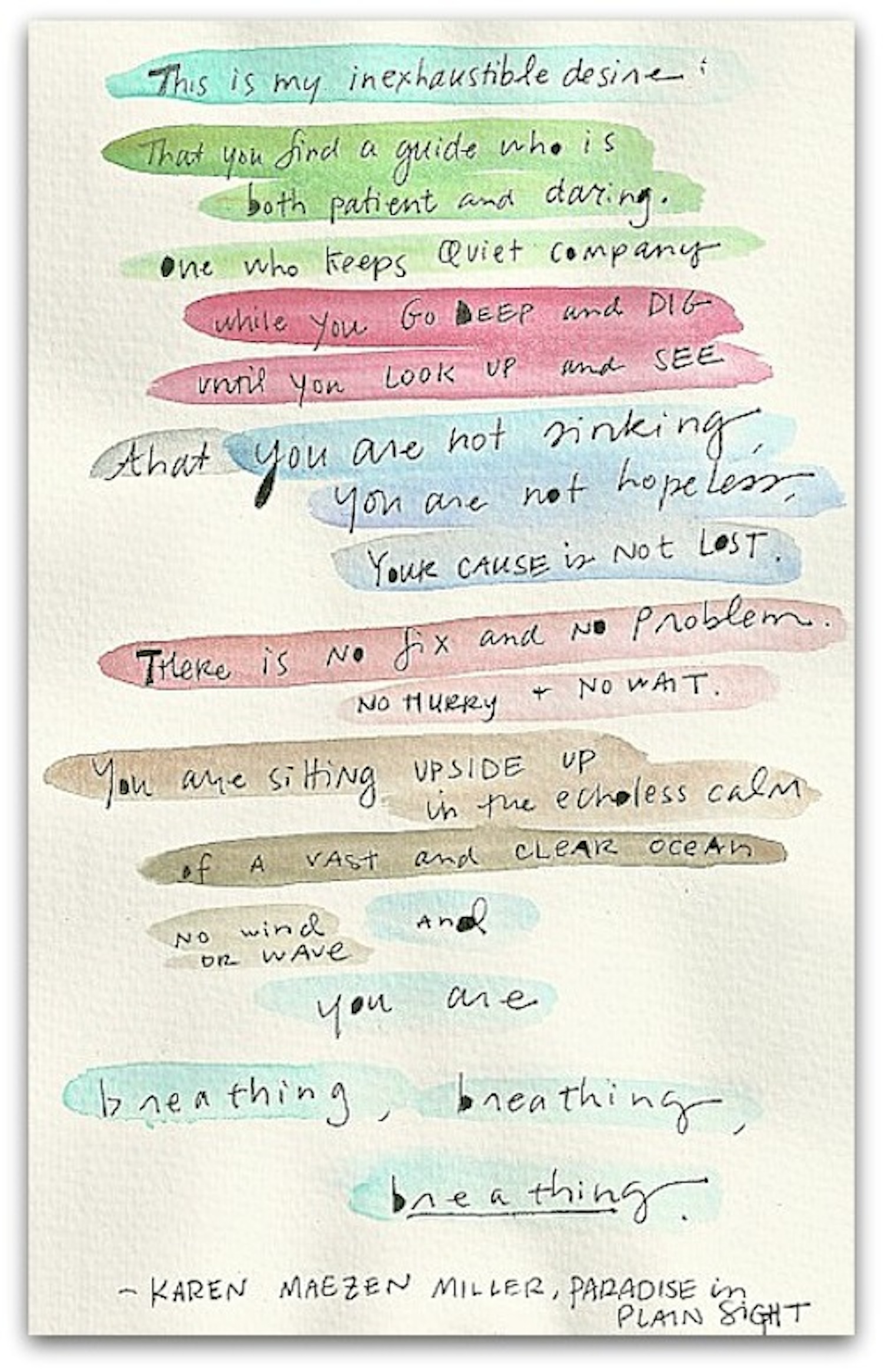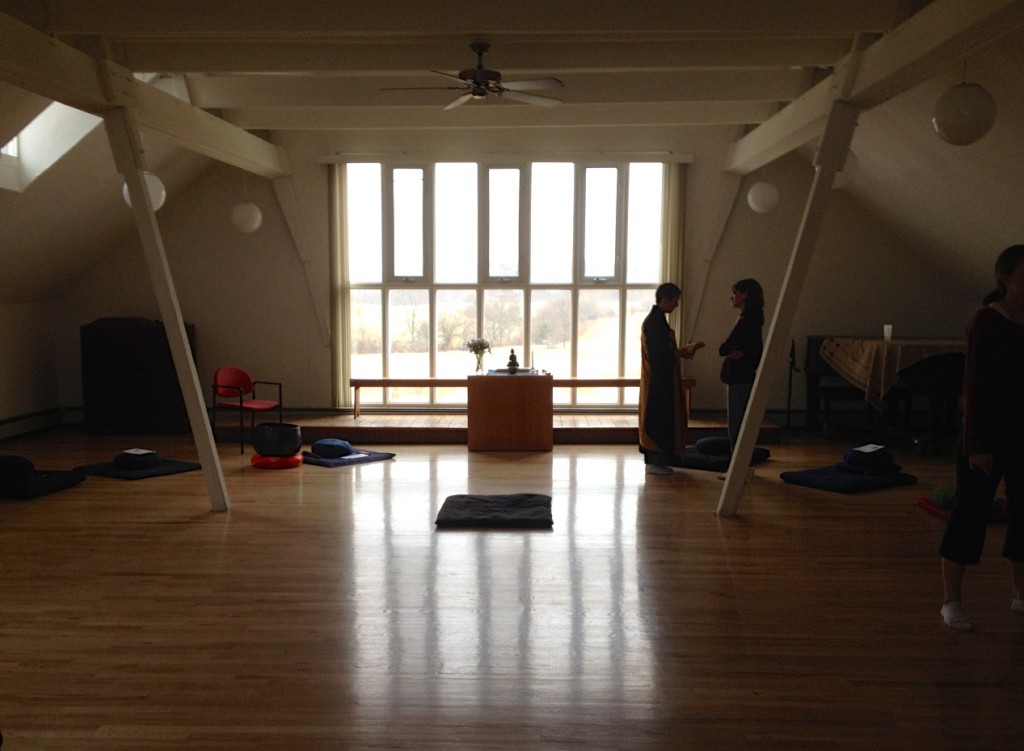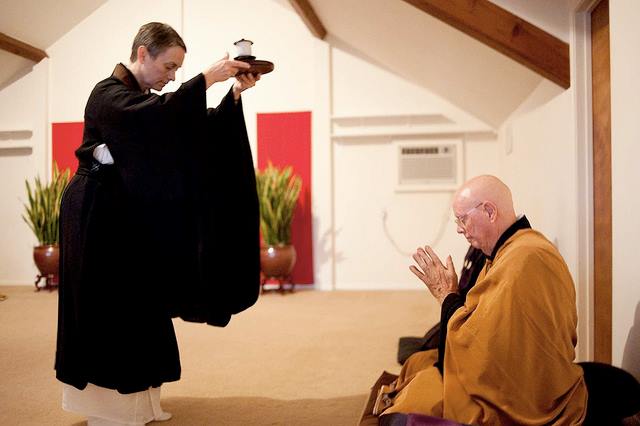A question that comes up nowadays: How do I find a teacher?
This question is an important one. I would even say it is the most important one. Unless we limit our interest in Buddhism to philosophy, history or literature, a teacher is essential. Buddha was a teacher. He did not formulate a doctrine or creed. He simply sat down and meditated, and for forty years taught others to sit down and meditate. Out of that we have this question.
So let me tell you that just asking the question is answering the question. You have raised a thought, and that thought will manifest direction and motivation for you. There is no need to figure anything out, such as distance or location or likelihood. You raised the question and then you sent it to me, someone who answers from the most fundamental view of a teacher. You need one. You do not need to know how you will find one.
In short, you are being led. Yes, you go and look. You listen. You’ll know your teacher when you hear him or her speak (as if they were speaking to you alone). You will work, however, to actively limit and prohibit your chances of meeting your teacher, in the ways you already have, such as “I live in the middle of nowhere, everyone is too far away, you can be a Buddhist without a teacher, I don’t know the kind of Buddhism I want, I have no time, yada, yada, yada.” All of those excuses will make you stop before you start, talking you out of the direction you know you need to go. Even now, with most of us staying at home and doing all kinds of things remotely—meeting, sitting, and talking—you still have to be willing to open your eyes and see.
Finally, beware of teachers who say they are self-taught. They have mythologized themselves.
Just continue to meditate on the thought: who is my teacher? — and let yourself be guided.
When I met Maezumi Roshi I lived three states away. I attended a retreat not to meet a teacher (Lord, no!) but just to get instruction in how to sit. So imagine my surprise and deep recognition when I saw him standing in front of me. Right in front of you is the only place you’ll ever find your teacher.
Body, Breath & Mind dharma talk

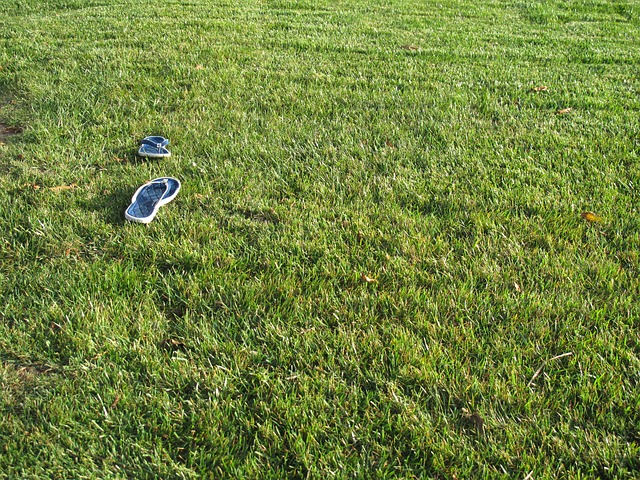


 Teachable moment – a learning opportunity for a child to acquire new information, values, morals, a new behavior or a new skill, or a new way of expressing and coping with an emotion.
Teachable moment – a learning opportunity for a child to acquire new information, values, morals, a new behavior or a new skill, or a new way of expressing and coping with an emotion.


 Become the least grain of sand on the beach. —Maezumi Roshi
Become the least grain of sand on the beach. —Maezumi Roshi
